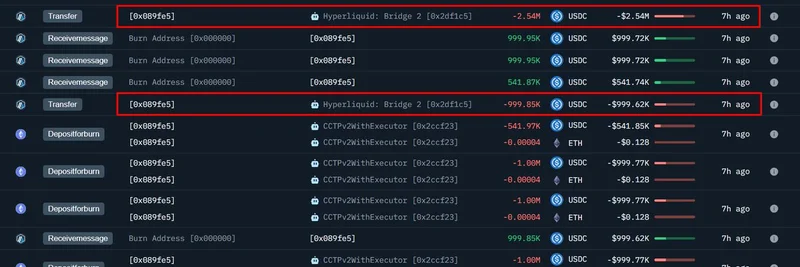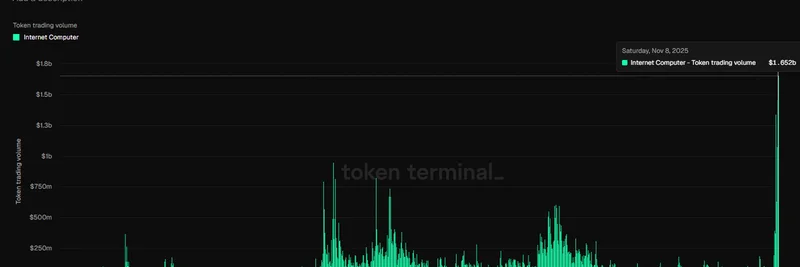In the fast-paced world of cryptocurrency, where meme tokens like Dogecoin and Shiba Inu have captured the imagination of millions, a recent tweet from crypto commentator MartyParty has sparked a heated discussion. Posted on X (formerly Twitter), the message cuts straight to the chase about the realities of centralized exchanges (CEXs) like Coinbase and Binance.
MartyParty, a well-known figure in the crypto space as a commentator, macro analyst, and music producer, didn't mince words: "Coinbase do not care about you. They care about their shareholders. Binance do not care about you they care about $BNB and their casino. Keep it real. Corporations and decentralization do not mix unless they are stacking the asset as a DAT and treasuring it."
For those new to the lingo, $BNB is Binance's native token, often seen as a way to fuel transactions on their platform and even act like a share in their ecosystem. A "casino" here likely refers to the high-risk trading environment these platforms create, complete with leverage and derivatives that can feel like gambling. And DAT? That's short for Digital Asset Treasury, meaning holding crypto assets on the balance sheet as a long-term store of value, like how some companies treat Bitcoin.
This tweet, which garnered over 6,700 views and sparked numerous replies, highlights a core tension in crypto: the clash between corporate interests and the decentralized ethos that birthed blockchain technology. Meme tokens, in particular, thrive on community-driven hype and decentralization. They often start on platforms like Solana or Ethereum, where anyone can create and trade them without gatekeepers. But when they hit big, listings on CEXs like Binance or Coinbase can pump prices—yet at what cost?
Take a look at the replies, and you'll see the community chiming in. One user, Alan White, pointed out: "Decentralization was always about removing middlemen. The moment you trade on a CEX, you've already compromised on the core principle." MartyParty agreed, replying simply, "Correct." Another reply from TH ζ ʰᵒˡᵈ echoed this sentiment: "Avoidance of third-party / middleman is the sole reason crypto was invented, yet most humans put their assets on CEX'es instead of self-custody and don't interact with DeFi."
DeFi, or Decentralized Finance, is the alternative—protocols built on blockchains where you control your keys and assets without relying on a company. For meme token holders, this means using DEXs (Decentralized Exchanges) like Uniswap or Raydium, where trades are peer-to-peer and transparent. But as MartyParty implies, corporations like Coinbase (a publicly traded company) answer to shareholders, not users. Their decisions—listing fees, delistings, or even freezing accounts—can directly impact meme token liquidity and value.
Why does this matter for meme insiders? Meme tokens are all about virality and community ownership. When a CEX gets involved, it introduces centralization risks, like the FTX collapse in 2022, which wiped out billions. Binance, with its massive influence and $BNB token, operates more like a tech giant than a pure crypto player. If they're treating crypto as a "casino," as the tweet suggests, it could mean prioritizing high-volume trades over user safety or innovation.
Of course, not everyone agrees blindly. Some replies included memes and gifs expressing shock or agreement, showing the lighthearted side of crypto discourse. But the underlying message is a wake-up call: in a world where meme tokens can make or break fortunes overnight, understanding who really has your back is crucial.
If you're diving into meme tokens, consider self-custody wallets like MetaMask or Phantom, and explore DeFi tools. Resources like Ethereum's official site or Solana's docs can help you get started. Remember, as MartyParty says, "Keep it real"—decentralization isn't just a buzzword; it's the foundation of what makes crypto, and especially memes, so revolutionary.
For the full thread and reactions, check out the original post on X. What's your take? Are CEXs a necessary evil for meme token adoption, or should we go full DeFi?


